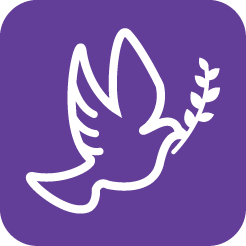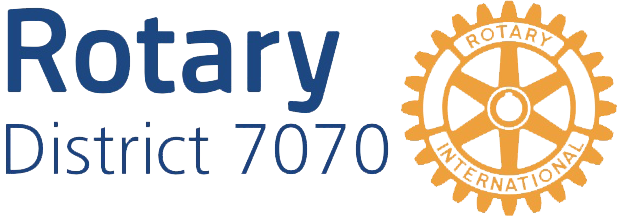 How do we become peace-builders?
How do we become peace-builders?
First and foremost we need to understand: what is peace? This requires a study of the basic literature on the subject to get a better foundation and understanding. One author, Paul K. Chappell, Peace Leadership Director for the Nuclear Age Peace Foundation, https://www.wagingpeace.org outlines this knowledge comes through peace literacy......
What Is Peace Literacy?
Peace Literacy is a new approach to both peace and education, informed by three models:
Literacy education in reading and writing
West Point leadership training (Paul is a graduate and a veteran of the war in Iraq)
Nonviolence strategies of Martin Luther King Jr. and Gandhi
Peace Literacy builds on the strengths of these three models:
Viewing peace not simply as a goal, but as a skill-set
Teaching a strategic approach to peacemaking
Focusing on and integrating well-being at the personal, social, and political levels
Peace Literacy: The Promise
Our understanding of peace is only as good as our understanding of the human condition and trauma. Peace Literacy is based on research about basic human needs such as self-worth and belonging, and how trauma gets entangled with these needs. Peace Literacy offers:
A new vision of what it means to be human
A practical approach to healing trauma
A realistic paradigm for solving problems in families, neighbourhoods, schools, workplaces, nations, and our global community
A peace literate world is a secure, just, and prosperous world.
A New Peace Paradigm
To gain a deep and practical understanding of extremism, trauma, and the nature of human happiness, and to solve our national and global problems in the twenty-first century and beyond, we need a realistic and pragmatic model of the human condition that helps us understand our human needs and the tangles of trauma
Peace Literacy is a growing movement of educators and concerned citizens who want to empower people with the training, skills, and understanding needed to heal the root causes of our problems, rather than merely addressing surface symptoms. There is a lot you can do to help create a more peace literate world.
To gain a greater insight into peace literacy, please take a look at the website https://www.peaceliteracy.org
Ian E. Lancaster
District 7070 Areas of Focus Coordinator,
Peacebuilding and Conflict Prevention Committee
Peace is not an achievement; it’s a responsibility. Alexander Pierce – CA-TWS
